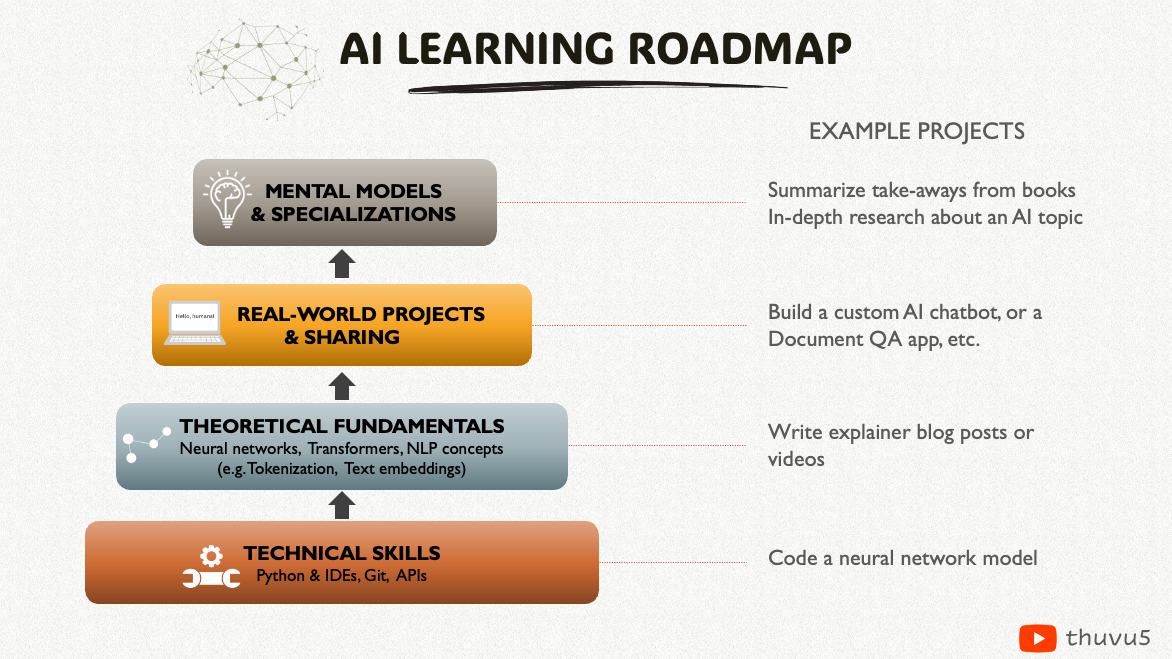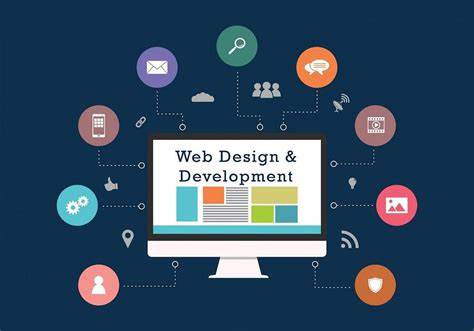
Artificial Intelligence (AI) is no longer a futuristic concept but a crucial part of modern technology that impacts industries ranging from healthcare to finance. Mastering AI can lead to exciting career opportunities, and the best part is, it’s possible to self-study artificial intelligence for free. Whether you’re a complete beginner or someone with basic programming knowledge, this comprehensive guide will help you navigate the best resources to learn AI without spending a dime.
Before diving into the "how," it’s essential to understand the importance of AI in today’s world. AI is the driving force behind innovations like self-driving cars, virtual assistants, and personalized recommendations. As more industries adopt AI technologies, there is a growing demand for professionals skilled in AI, machine learning, and data science. By self-studying AI, you can position yourself at the forefront of these technological advancements.
Before jumping into complex algorithms, you need to have a solid foundation in AI fundamentals. Some of the key topics you should understand include:
Key Algorithms and Techniques: Decision Trees, Neural Networks, Regression, etc.
You can access free courses and tutorials that cover these fundamental topics from reputable platforms such as:
Coursera (AI For Everyone by Andrew Ng)
edX (Elements of AI)
Khan Academy (Intro to Artificial Intelligence)
Each of these platforms provides detailed explanations, video lectures, and practical exercises that can help you grasp the basics of AI.
AI development relies heavily on programming, especially in languages such as Python, R, and Java. Python is by far the most popular choice due to its simplicity and extensive library support for AI and machine learning projects. You should:
Master Python: Start by learning how to code in Python, focusing on data structures, loops, and functions.
Explore AI Libraries: After getting comfortable with Python, dive into popular AI libraries like TensorFlow, Keras, and PyTorch.
You can find free coding tutorials on websites like:
Codecademy (Python for Beginners)
w3schools (Python Tutorial)
GitHub (AI and machine learning repositories)
AI algorithms are deeply rooted in mathematics, particularly in linear algebra, calculus, probability, and statistics. If you want to fully understand AI models, it’s critical to build a strong mathematical foundation. Key concepts to focus on include:
Matrices and Tensors in linear algebra
Derivatives and Integrals in calculus for understanding optimization
Probability Distributions in statistics for AI decision-making
Platforms like Khan Academy and MIT OpenCourseWare offer free resources that can help you strengthen your math skills for AI.
Machine Learning (ML) is a crucial subset of AI that focuses on building systems capable of learning from data and improving over time. To master ML, you should learn:
Supervised Learning: Training models on labeled data
Unsupervised Learning: Identifying patterns in unlabeled data
Reinforcement Learning: Training models using reward-based feedback
There are free, in-depth courses that can guide you through these concepts, such as:
Google’s Machine Learning Crash Course
Fast.ai (Practical Deep Learning for Coders)
Stanford University’s Machine Learning Course (CS229)
Once you have the theoretical knowledge, it’s time to start applying AI concepts in real-world projects. Experimentation is key to learning AI. Some beginner-friendly projects you can try include:
Building a Chatbot using NLP (Natural Language Processing)
Image Recognition using Convolutional Neural Networks (CNNs)
Sentiment Analysis with text data
Websites like Kaggle offer free datasets and competitions where you can test your AI skills and compare your results with others in the field. GitHub also has repositories with open-source AI projects that you can contribute to.
AI is a fast-evolving field, and staying updated with the latest advancements is critical. To remain competitive, regularly read AI research papers, join online AI communities, and follow AI experts. Some excellent resources include:
arXiv for the latest AI research papers
Medium AI for articles and tutorials
AI conferences and webinars like NeurIPS and ICML
By staying informed, you’ll be able to adapt to new trends and technologies in the AI space.
Self-studying AI can be challenging, but you don’t have to do it alone. Engaging with AI communities allows you to ask questions, share your progress, and learn from others. You can join:
Reddit AI/ML Communities: Subreddits like r/MachineLearning and r/artificial
Kaggle Discussions: Engage with fellow data scientists on Kaggle’s forums
AI Meetups and Hackathons: Participate in events where you can meet AI enthusiasts and professionals
Interacting with like-minded individuals will not only deepen your knowledge but also provide you with practical insights and networking opportunities.
Practical experience is invaluable in AI. Once you feel confident in your abilities, start applying for AI internships, even unpaid ones, or volunteer to work on open-source AI projects. Many companies, research labs, and non-profit organizations are open to collaboration with AI enthusiasts, providing you with an opportunity to work on real-world problems and expand your portfolio.
Mastering artificial intelligence through self-study is entirely feasible with the right approach, dedication, and resources. By focusing on the fundamentals, practicing programming, building a solid mathematical foundation, experimenting with projects, and staying connected with the AI community, you can develop AI expertise at no cost. Keep in mind that consistency is key, and the more you practice, the better you will become.
 Best Web Development Company in Delhi NCR | Oprezo India
Best Web Development Company in Delhi NCR | Oprezo India
 Best Mobile App Development Company in Delhi | Oprezo India
Best Mobile App Development Company in Delhi | Oprezo India
 Best Digital Marketing & SEO Company in Delhi NCR | Oprezo India
Best Digital Marketing & SEO Company in Delhi NCR | Oprezo India
 Best UI & UX Design Services in Delhi | Android & iOS UI/UX Development – Oprezo India
Best UI & UX Design Services in Delhi | Android & iOS UI/UX Development – Oprezo India
 Best CRM & MLM Software Development Company in Delhi | Oprezo India
Best CRM & MLM Software Development Company in Delhi | Oprezo India